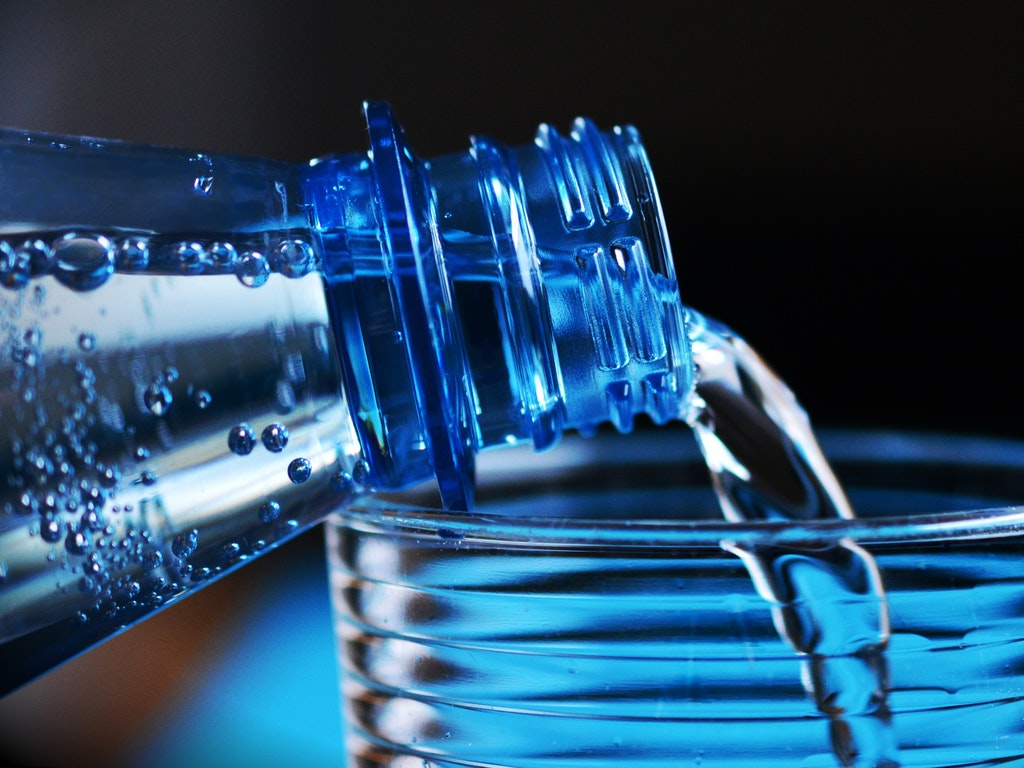3 Mins Read
In a new assessment, the World Health Organisation (WHO) says microplastics are increasingly present in drinking water and that more research desperately needs to be conducted to learn more about potential adverse health effects. Given that plastic production continues to be on the rise globally, and Asia’s coastal regions are being swamped by plastic waste, the study is a clear warning against complacency on the issue.
The United Nations body has recently revealed that more microplastics are being found in drinking water. Studies analysed by the WHO report that tiny particles of plastic are being found in larger amounts in recent years in both treated tap and bottled water, and its sources. Research also showed that bottled drinking water in particular contain more miniscule plastic polymers coming from the container and cap.
Despite misleading headlines suggesting that the WHO’s recent analysis indicates “no proof” of microplastics harm, the reality is that extensive research on possible health risks have yet to be conducted. These small particles can pass through the walls of digestive tracts and become choked up in our human body. Although researchers have suggested that these polymers are unlikely to accumulate in harmful qualities, not enough is known about the miniscule nano-plastics, which are smaller than 1 micrometre, to be certain about possible consequences of ingestion.
The report concludes by recommending monitoring and management of microplastics in the environment, the removal of microplastics in drinking water through treatment systems, and calling for more research on human health risks of ingesting microplastics.
“We urgently need to know more about the health impact of microplastics because they are everywhere – including in our drinking water,” said Dr Maria Neira of the WHO.
As plastic production continues to grow exponentially, with some predictions of a doubling of the supply by 2025, the WHO have warned the public against complacency when it comes to fighting plastic pollution. There is cause for concern as more micro-beads and threads of plastic end up in our water supplies, pipes and food chain. Reports around the world have already surfaced about microplastic pollution being present everywhere, including our own seas in Hong Kong. Microplastics pollution has already shown to have adverse effects when consumed by aquatic life, whose vital systems have been suffocated by plastic waste in our oceans. Although the causal impact of plastic inhalation and consumption on human health remains unclear, experts have had genuine concerns. A Singaporean study led by the National University of Singapore (NUS) revealed that more than 400 types of bacteria could be found in local beaches, and that microplastics harbour these harmful bacteria.
“With the data we have, we believe the risk is low, but we can’t say conclusively that there won’t be a risk in the future,” said Bruce Gordon, one of the authors of the study. Gordon also said that the best response to the problem is to reduce plastic pollution through eliminating single-use plastics and promoting recycling. It is clear that more stringent measures need to be taken.
Lead image courtesy of Pexels.




